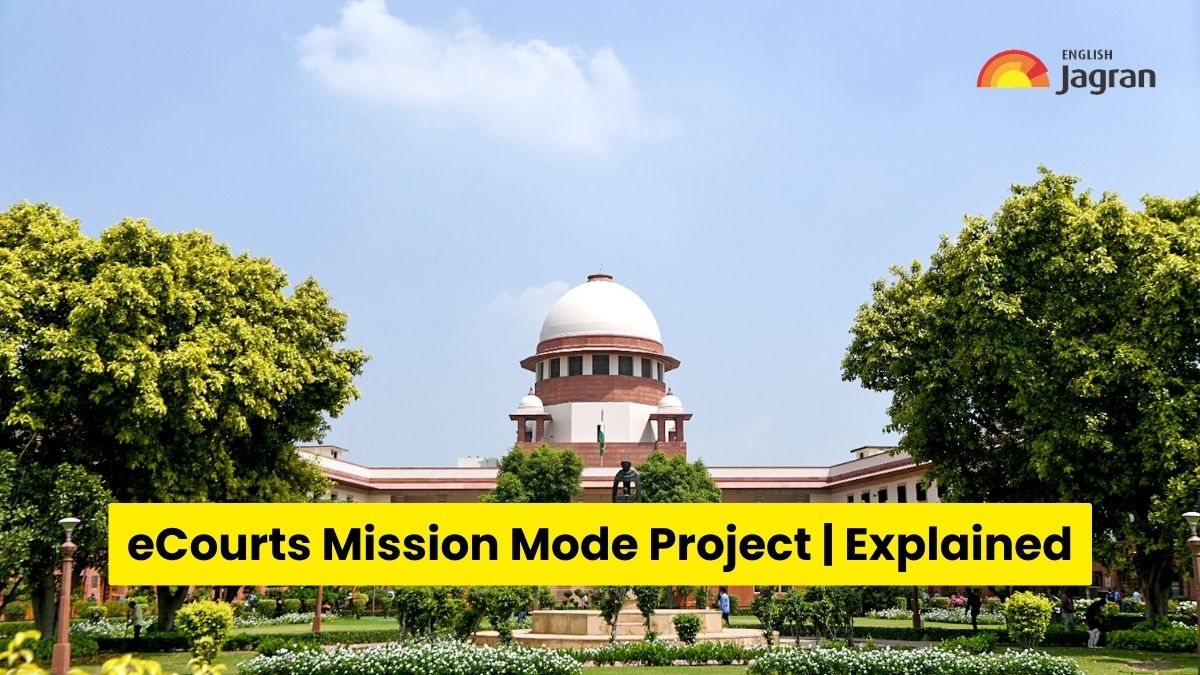- By Vivek Raj
- Wed, 13 Sep 2023 05:44 PM (IST)
- Source:JND
In a significant move, the Union Cabinet has given the green signal to phase 3 of the eCourts Project. This Central Sector Scheme, spanning four years from 2023 onwards, will receive a financial allocation of Rs 7,210 crore. The decision was taken during a cabinet meeting today chaired by Prime Minister Narendra Modi.
Aligned with the vision of "Sabka Sath, Sabka Vikas and Sabka Vishwas", the eCourts Mission Mode Project plays a pivotal role in enhancing access to justice through technological means. The project under the National eGovernance Plan, has been underway since 2007, with Phase II successfully concluded in 2023. The essence of Phase III centers around the principles of "access and inclusion."
Building upon the achievements of Phases I and II, e-Courts Phase-III aims to establish a system of maximal convenience in the pursuit of justice by transitioning toward digital, online, and paperless courts.
What is the E-Courts Mission Mode Project?
The E-Courts Mission Mode Project involves the digitization of all court records, including legacy records, and the widespread adoption of e-Filing and e-Payment systems through the saturation of all court complexes with e-Sewa Kendras.
The project will introduce intelligent smart systems to facilitate data-driven decision-making for judges and court registries when scheduling or prioritizing cases. The primary objective of Phase-III is to create a unified technology platform for the judiciary, fostering a seamless and paperless interface among the courts, litigants, and other stakeholders.
The phase 3 will be implemented in a decentralized manner through the respective High Courts, with the goal of developing a judicial system that enhances accessibility, affordability, reliability, predictability, and transparency for all stakeholders involved.
ALSO READ: Six Airbags Not To Be Made Mandatory In Cars; Nitin Gadkari Says ‘Now People Are Cautious’
Key Objectives of the Project:
Efficient and Citizen-Centric Services: The project aims to deliver efficient and time-bound services to citizens, as outlined in the eCourt Project Litigant’s Charter.
Decision Support Systems: Developing, installing, and implementing decision support systems within courts to enhance their effectiveness.
Process Automation: Automation of judicial processes to ensure transparency and easy accessibility of information for all stakeholders.
Enhancing Judicial Productivity: The project seeks to boost both the quality and quantity of judicial output, making the justice delivery system more affordable, accessible, cost-effective, predictable, reliable, and transparent.

